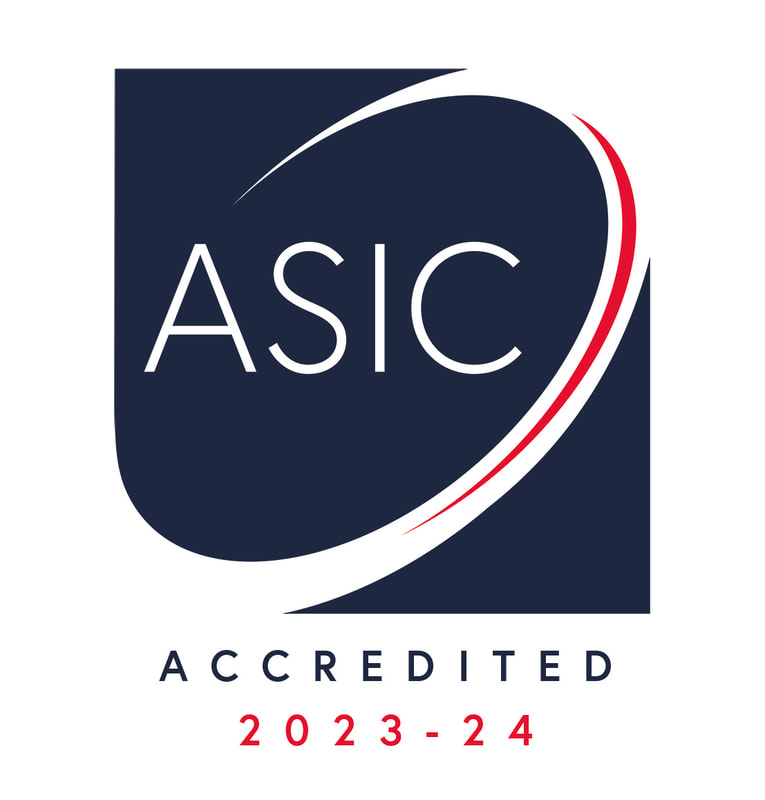Artificial intelligence will reach human levels by around 2029. Follow that out further to, say, 2045, we will have multiplied the intelligence, the human biological machine intelligence of our civilization a billion-fold. - Ray Kurzweil
Intensive Foundation in Artificial Intelligence and Cyber Security
Delivery Language - English.
Sector: STEM
Sector: STEM
|
Who study this qualification: The International Foundation Year in Artificial Intelligence and Cyber Security leads to a wide range of undergraduate engineering and science degrees at various UK Universities. This course is for
|
Admission Criteria
Student must have completed a GCSE Qualification or equivalent and achieved a grade C or above in English and Maths subjects.
It is expected that a student would normally have the maturity to undertake this programme at the age of 17.
It is expected that a student would normally have the maturity to undertake this programme at the age of 17.
What units are covered
Units |
|
- English for Academic Purpose
- Information Technology
- Introduction to Data Analytics
- Introduction to Research
- Introduction to Artificial Intelligence
- Introduction to Cybersecurity
Course Content
Our International Intensive Foundation in Artificial Intelligence and Cyber Security covers a wide array of fundamental subjects essential for students aiming to pursue further studies in engineering and science. The course content includes the following topics:
|
Module 1: English for Academic Purpose
Module 3: Introduction to Data Analytics
Module 5: Communication Skills
|
Module 2: Information Technology
Module 4: Introduction to Artificial Intelligence
Module 6: Introduction to Cybersecurity
|
This foundation course is designed to equip students with a strong base in these fundamental subjects, preparing them for more advanced studies in AI and Cyber Security at the undergraduate level. The focus is on providing a solid understanding of the principles and applications that underpin these fields.
Key facts
Group Size
Max 10 students
Age
18+
Level
Level 3
Course Length
8 months Hybrid
3 months online and 5 months on London Canary Wharf Campus
3 months online and 5 months on London Canary Wharf Campus
Hours per week
15 hours per week
Course format
Usually, 2 days per week (15 hours/week) on a Blended mode.
1 day face to face (7.5 hours) and 1 day remote (7.5 hours) via Zoom.
1 day face to face (7.5 hours) and 1 day remote (7.5 hours) via Zoom.
Includes
Monthly diagnostic test | Monthly 1:1 tutorial | Progress report
How it is delivered
|
The programme will typically be delivered as a short part time or full time course. This is a flexible programme delivered part time and full time.
All of our study materials are evaluated by industry experts to ensure it reflects the current market demands.
<
>
Usually, 2 days per week (15 hours/week) on a Blended mode. 1 day face to face (7.5 hours) and 1 day remote (7.5 hours) via Zoom. Face to face arrangements: Max 15 students are grouped into 1 classroom. Lesson length: 10am-12pm (1st session), 12pm-1pm (Break), 1pm-3pm (2nd Session), 3pm-5.30pm (1:1 tutorials) Current students are on a remote mode, studying 15 hours per week with one synchronous Zoom sessions every week (as required). Students are on self-progress mode where they decide when to complete their programme of study. Williams College ensures all the units are taught adequately and students are responsible to complete the assessment within the prescribed time. |






